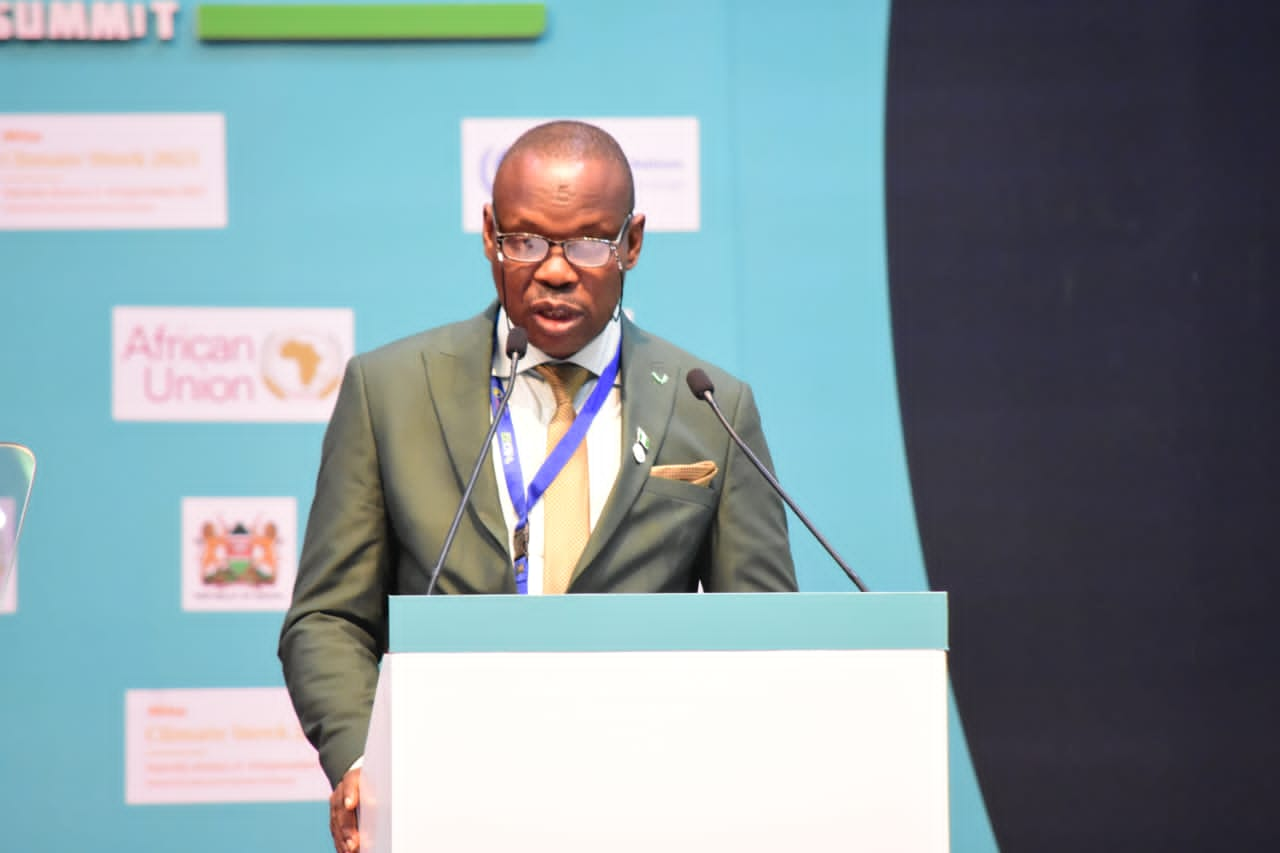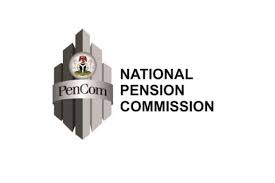
FG to review oil firm’s plans on gas flaring
Dr. Iziaq Salako, the Minister of State for the Environment, announced that the ministry will begin a monthly evaluation of the plans of foreign and domestic oil corporations through the National Oil Spill Detection and Response Agency to make sure they continue on track to eliminate routine gas flaring by 2030.
At the national stakeholders engagement meeting on methane mitigation and reduction in Nigeria's oil and gas sector on Tuesday in Abuja, Salako made this statement.
The health and well-being of present and future generations, as well as the objectives of climate protection, are seriously threatened by methane, a powerful greenhouse gas that has a far higher warning potential than carbon dioxide.
Methane emissions reduction, particularly in the oil and gas industry, will boost climate action and yield benefits for public health, food security, and economic development.
Methane emissions in the nation are being addressed, according to Salako.
Guidelines for methane have been developed as a result of government entities working together, he said. Furthermore, to guarantee that domestic and foreign oil corporations continue on their current path to terminate routine gas flaring by 2030 at the latest, the Federal Ministry of Environment, along with the National Oil Spill Detection and Response Agency, will start reviewing their plans on a regular basis.
Moreover, Nigeria is prepared to start methane reduction initiatives that will fulfil its promise to reducing methane and reaching net zero emissions by 2060. Thus, it is comforting to see programmes like the project methane mitigation and reduction that are being started in Nigeria's oil and gas industry.
The purpose of this national stakeholders engagement event is to provide a forum for talking about the challenges associated with methane mitigation and reduction in Nigeria's oil and gas sector. The presentations made today will give an overview of current policies, their implementation techniques, and the important players participating in these initiatives. By conducting thorough study and working together, we can find possibilities, obstacles, and gaps for national measures that are beneficial.
According to the minister, President Bola Tinubu is dedicated to climate action and environmental sustainability in accordance with the multilateral environmental agreements to which Nigeria is a party.
The Permanent Secretary of the ministry, Mahmud Kambari said it is necessary to address methane emissions in the oil and gas industry as the stakes and opportunities are high.
Kambari said, “Let’s harness our collective expertise, innovation, and resources to drive sustainable development, foster economic growth, and enhance energy security in Nigeria and beyond.
“As we engage in today’s discussions, let us be guided with openness, and inclusivity. challenge assumptions, and explore creative solutions that align with the principles of equity, justice, and environmental integrity.”
In his remarks, the Executive Director of the Africa Policy Research Institute, Dr Olumide Abimbola, noted that there is a need to address the pressing impacts of methane emissions on climate and environment.
Abimbola, who was represented by Mr Chibuikem Agbaegbu stated that methane, a potent greenhouse gas, poses a significant threat to both the health of our planet and the well-being of current and future generations.
“Recognizing this urgent need, APRI, in close collaboration with the Department of Climate Change, Federal Ministry of Environment, has embarked on a crucial project focused on methane mitigation and reduction within Nigeria’s oil and gas sector.
“This project, funded by the Government of Canada through Environment and Climate Change Canada, underscores the strategic importance of taking proactive steps to reduce methane emissions. Not only does it align with Nigeria’s climate action commitments, but it also offers opportunities to unlock co-benefits for public health, food security, and economic development, in line with Nigeria’s national and sustainable development goals.
“Today’s event marks a significant milestone in our collective efforts. It provides a platform for stakeholders from diverse sectors to come together, share insights, and chart a unified course towards sustainable methane mitigation and reduction in Nigeria. Through constructive dialogue and collaboration, we aim to identify challenges, explore opportunities, and pave the way for effective and sustained action,” he said.





